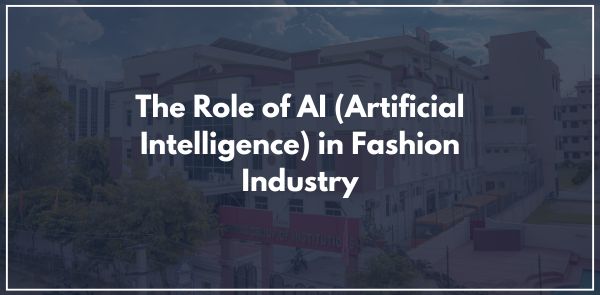
AI (Artificial Intelligence) is playing an increasingly important role in the fashion industry, revolutionizing the way companies design, produce, market, and sell their products. AI-powered tools are being used in various aspects of the fashion industry, such as trend forecasting, virtual fitting rooms, personalized recommendations, supply chain management, and more. By harnessing the power of AI, fashion companies can improve efficiency, reduce costs, and enhance the overall customer experience. Through machine learning algorithms and data analytics, AI systems can analyze vast amounts of data to detect patterns and trends, helping designers create more targeted and relevant collections, retailers personalize shopping experiences, and brands optimize their marketing strategies. Overall, AI is transforming the fashion industry by making it more data-driven, efficient, and customer-centric.
Artificial intelligence is changing industries all over the world, with the fashion industry being no exception. From design to the shopper's experience, AI is radically reshaping the fashion approach. Poddar International College has been rendered a suitable institution offering students skills for adapting to such developments based on their experiential learning and practical exposure.
AI (Artificial Intelligence) is making a significant impact on the fashion industry in a variety of ways. Here are some examples of how AI is being used in fashion:
1. Personalized recommendations: AI-powered algorithms can analyze customer data to provide personalized product recommendations, helping consumers discover new styles and enhancing their shopping experience.
2. Visual search: AI technology allows users to upload photos of clothing items or accessories to search for similar products online, making it easier to find specific items they are looking for.
3. Virtual try-on: AI-powered virtual try-on tools let consumers see how clothing items look on them without needing to physically try them on, reducing the need for returns and improving the overall shopping experience.
4. Trend forecasting: AI can analyze vast amounts of data from social media, e-commerce platforms, and other sources to identify emerging trends, helping fashion brands and retailers stay ahead of the curve.
5. Supply chain optimization: AI-driven analytics can help fashion brands optimize their supply chain operations by predicting demand, improving inventory management, and reducing waste.
Overall, AI is revolutionizing the fashion industry by enabling more personalized, efficient, and data-driven approaches to product development, marketing, and customer engagement.